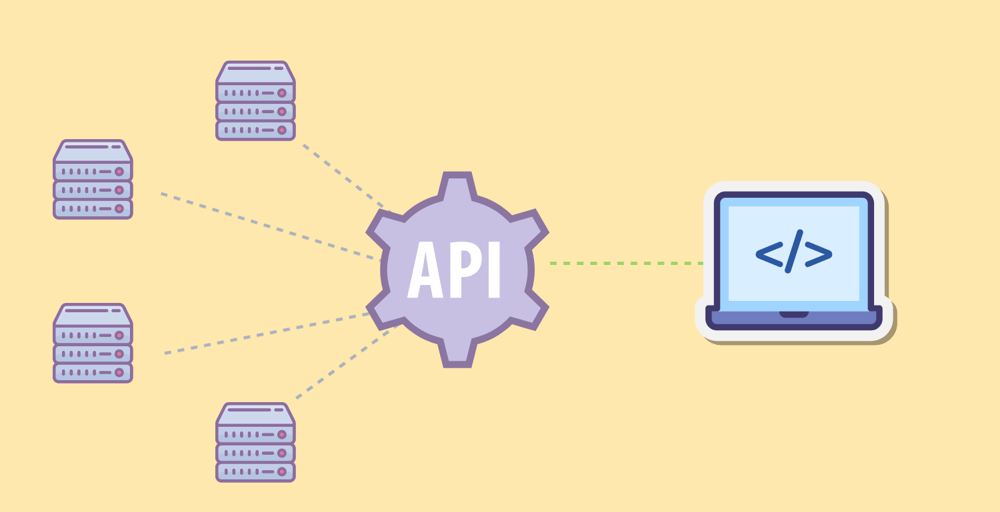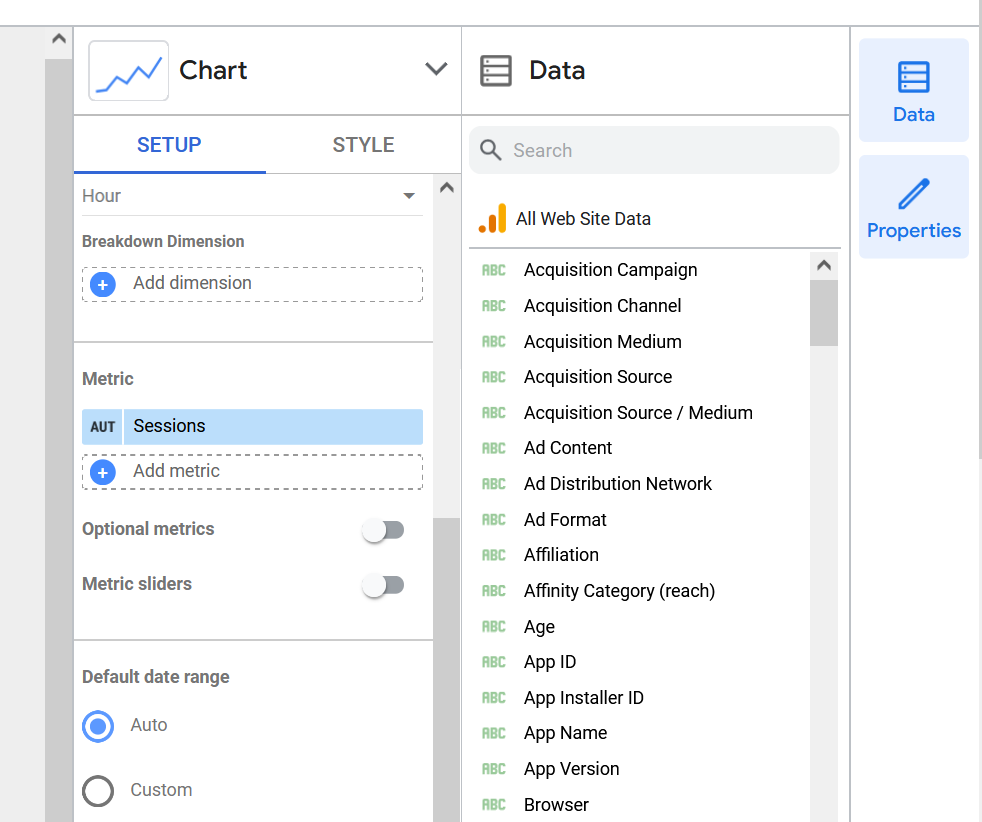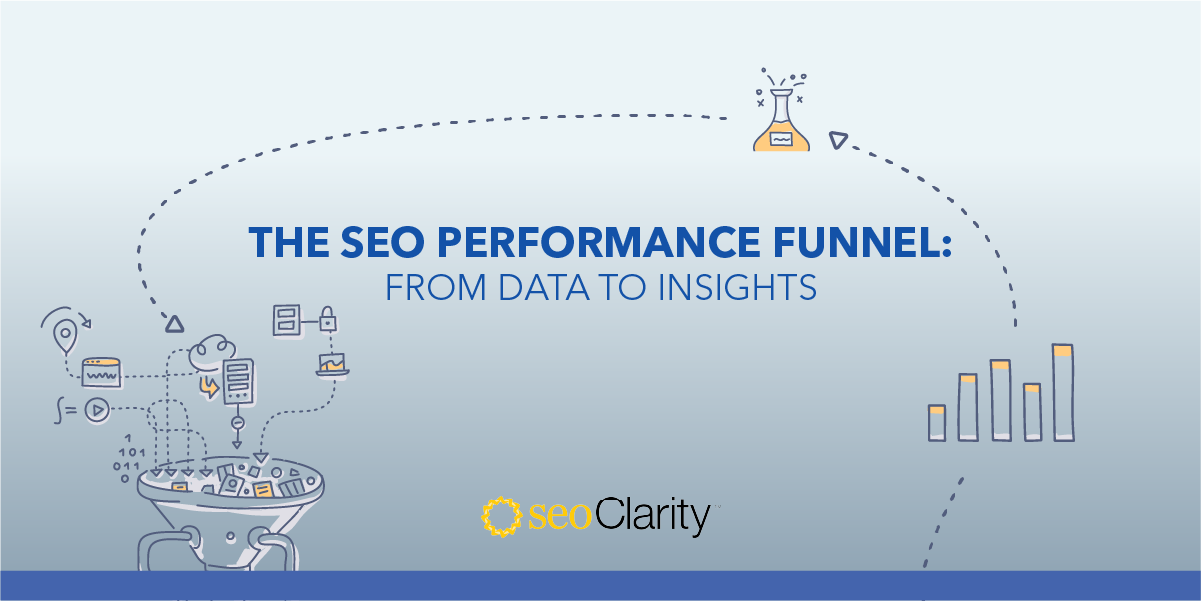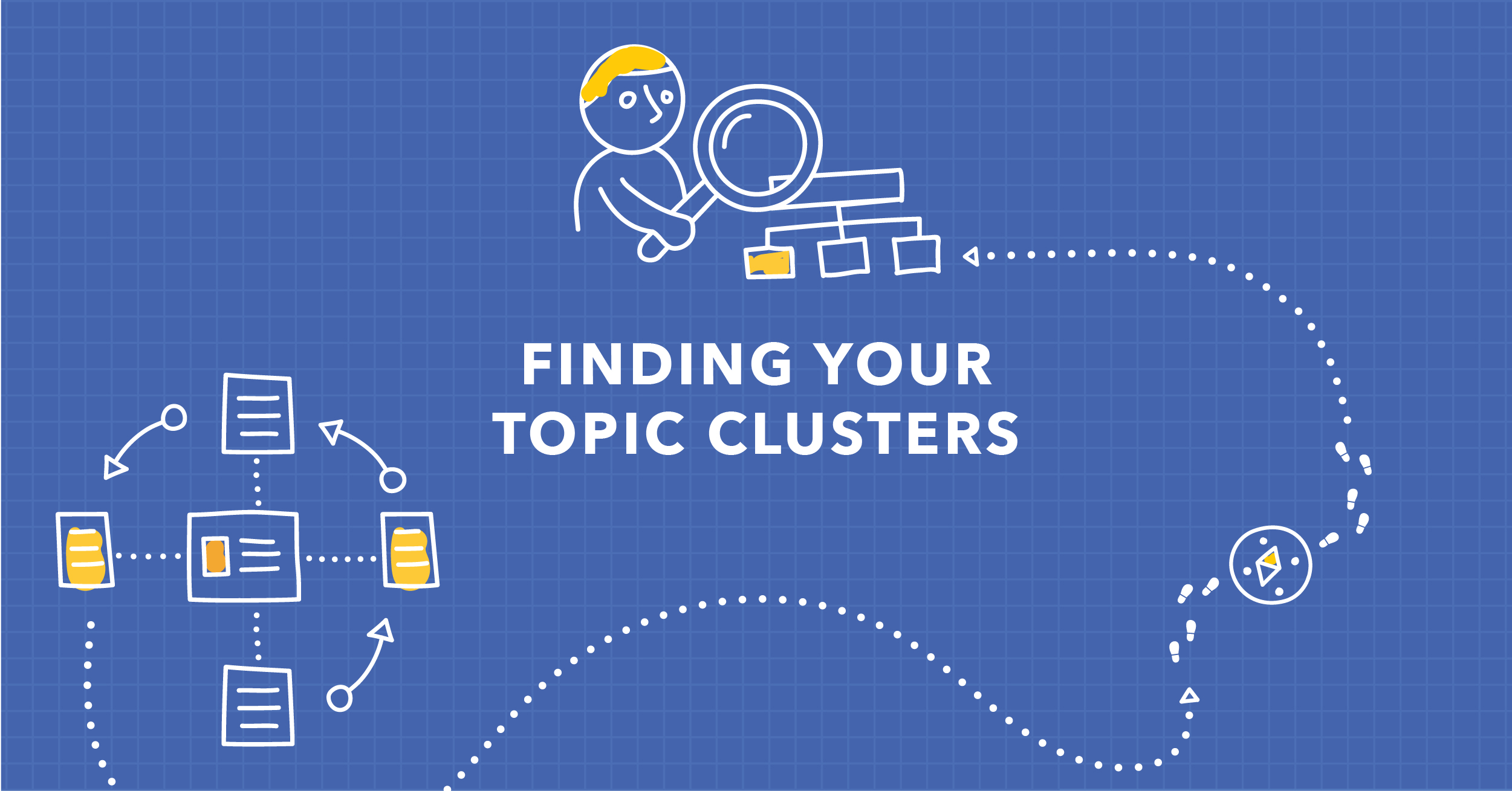Many enterprise SEOs find the data they can access through a platform or any other SEO tool to be more than enough to drive decisions and campaigns forward.
But there comes a point where some SEOs realize they need more data that any one tool can’t provide.
This is where an SEO API comes in.
Though building custom applications isn’t necessarily easy, recognizing when and why you should use one is, which is what I’ll aim to show you in this post.
What is an API?
The term - API (short for Application Programming Interface) - does not relate to any tool or program at all, nor is it an add-on or a plug-in to extend another tool’s capabilities.
Instead, an API is a set of protocols that allow connecting different software systems together so that they can communicate with each other, and share data and functionality.
These protocols define how different software components should interact, authenticate access, share data, and process countless other requests.
Below is an illustration example of an API. In this example, four data sources (pictured as server icons on the left of the image below) that normally would not be able to communicate with each other get connected with an API protocol to create an application that combines all their data.
As a result, an SEO using such an application gets instant access to data from all four sources that they can view, correlate, merge, and process in countless other ways.
Because these data sources cannot talk to each other otherwise, achieving the same results without API would require manually exporting whatever data the SEO needs to a spreadsheet, and processing it manually as well.

What’s also important is that with an API, a person building such an application doesn’t need to know how these different systems and data sources have been built. They turn to API protocols implemented within those sources instead to connect them together and build completely new applications.
Recommended Reading: The Better Choice: API or Custom Data Extracts?
It’s worth noting that when we talk about applications in this context, we don’t specifically mean new software platforms. In this sense, an application is a program that combines functionality or data from several other programs to create a new entity designed to perform a specific function.

(An example of an API source setup in Looker Studio)
Why Use API in SEO?
This brings us back to the scenario we discussed at the beginning of this article - The one in which an enterprise SEO eventually realizes that they need more data to conduct performance analysis, make more informed decisions, or report on their progress.
With an API, however, SEOs can build custom applications that combine several data sources, and deliver the exact insights they miss.
Here are three reasons why many data analysts turn to using API in the first place:
- Flexibility. Building custom applications with API gives you incredible flexibility over what data you use and how. Not only can you connect several data sources, you can also combine all this information to create custom data sets.
- Customization. API allows you to build custom applications to suit even the most specific needs and create complex data models. In fact, as long as your data source supports API, there is no limit as to what applications or data sets you can create.
- Deep(er) data. Not to mention that with API, you can harness an incredible amount of data with ease. And needless to say, access to such vast data sets has always been a challenge for enterprise SEOs.
How SEOs Use API
Using an API can feel daunting - with unlimited possibilities, it’s almost impossible to understand at first how it could be used in SEO.
So, to help you understand the many applications of API in SEO, I listed examples of applications companies build to process their organic data.
- Data presentations and SEO dashboards - This is possibly the most common example of using API in SEO in which a company combines several data sources to create an in-depth SEO reporting dashboard.
- On-page optimization tools that help extract top-ranking URLs for a particular keyword, and then, provide information about those pages’ titles, meta data, headings, page length, etc.
- SERP trends analysis tools that help companies monitor almost any aspect of search engine results pages. For example, a company could build an application that helps them monitor how the search landscape has changed over time. Or they could use API to track which competitors have gained or lost market share over time, shifts in SERP ownership is specific to a domain, or spread over an industry, seasonal trends that are channel specific, and many other aspects of the SERP.
- Dashboards combining keyword/page data with Google Ads data to better understand the company’s overall search performance.
- Client reporting dashboards that would help agencies or consultants prove the value of their work.
- Competitor traffic analysis dashboards to compare traffic patterns between competitors
- Dashboards comparing site metrics with social media metrics to find patterns and uncover untapped opportunities.
- Lead qualification tools that allow companies to match users with their site metrics to determine the likelihood of someone becoming a customer.
- Dashboards showing the number of indexed pages for multiple sites
- Keyword analysis tools that could, for example, distill long keywords lists into word-based keyword groupings to create clusters
- SEO tests monitoring dashboards and more.
API from seoClarity Data Services
For enterprise SEOs looking to take their efforts to the next level, seoClarity's API is the solution for you.
With access to the same data ocean and core capabilities that power the seoClarity platform, data scientists, analysts and engineers can build their own tools and integrations, leverage the data for data science projects, conduct deep competitive analysis, or train machine learning models.
seoClarity also offers two APIs available to all clients, including:
- The Content Gap API which allows users to leverage the power of seoClarity's Grid infrastructure to run advanced analyses across all 500+ million keywords, further enabling the quick identification of keywords where one or more competitors rank, but your domain or URL doesn't.
- Research Grid API which offers access to 500+ million keywords from seoClarity's Research Grid and queries any domain or URL in any one of 90+ countries to instantly find ranking keywords for and their ranking visibility on both Google Desktop and Mobile.
seoClarity's API provides you with the flexibility and power to create your own custom SEO solutions. So why wait? Start taking advantage of seoClarity's API today and unlock the full potential of your SEO strategy!
Current clients can reach out to their Client Success Manager or support@seoclarity.net for more information on enabling access to seoClarity.dev APIs.
Not a client? Reach out to sales@seoclarity.net or request a demo here to learn more about this API - https://www.seoclarity.net/see-it-in-action/







Comments
Currently, there are no comments. Be the first to post one!